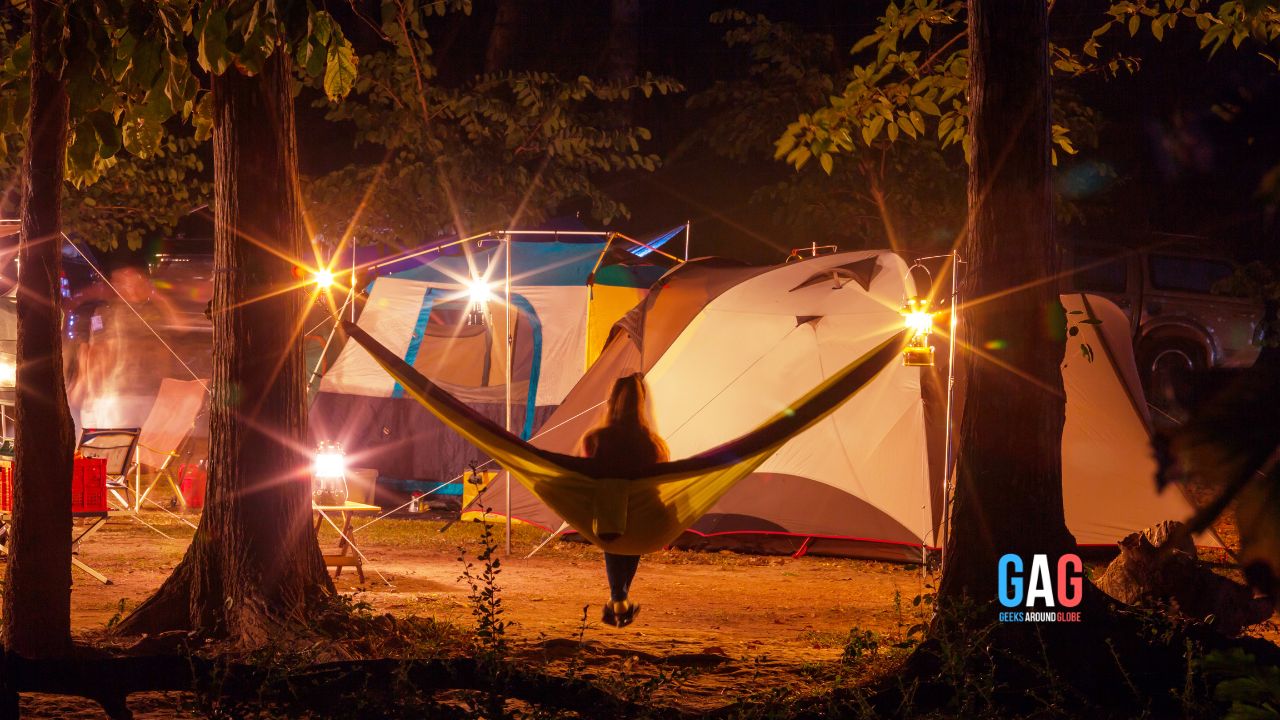Introduction
Wild camping is all about reconnecting with nature, generally in the tranquil, distant countryside far from civilization. However, some planning is essential to ensure that you are wild camping in a safe and legal manner. Whether you want to take the plunge and have a go at wild camping or you would prefer to start with a semi-wild camping experience for your first steps, this blog post will walk you through the essentials.
The restrictions governing wild camping in the United Kingdom are stringent in order to safeguard the natural environment and animals. But how do you know if wild camping is legal in your area, and what should you bring? We are going to help you out with that.
What Is Wild Camping?
Wild camping takes you away from traditional campgrounds and gives you the freedom to choose where in the countryside you spend the night. Exploring new parts of the UK and enjoying wide, open landscapes or small hideaways away from people and the hustle and bustle of everyday life is what wild camping is all about.
Wild camping is popular not just with backpackers and traditional tent campers, but also the users of campervans, RVs, and caravans are increasingly interested in trying it out. Wild camping is becoming increasingly popular online, with social media celebrities all around the world driving the current sudden rise in interest.
It is crucial to note, however, that although wild camping is allowed, it is only for tent campers who come by foot, boat, or bike. Wild camping in a campervan, motorhome, or caravan is not currently permitted under the current laws.
Is Wild Camping Legal?
The main guideline for wild camping is to investigate if you may legally camp there – or acquire permission – and to leave no trace behind you. Leaving no trace is the most important thing to remember and is not something to be taken flippantly.
Check the restrictions in your area before venturing into the bush to wild camp. Travelers in the majority of England, Wales, and Northern Ireland have no legal right to camp, so verify before you camp or ask permission from the landowner. Some Scottish campsites, like Loch Lomond, now require campers to obtain a permit, so do your homework before you arrive.
The majority of land in England is owned privately by landowners. While wild camping is not explicitly prohibited, the only method to do it lawfully in England is to obtain permission from the landowner.
What Do I Need In Order To Wild Camp?
Wild camping entails spending the night in a rural location away from civilization. By definition, this is leaving the automobile at home and hitting the path by foot, bike, or even canoe or kayak.
Pack everything you need in a sturdy rucksack, plan your route ahead of time, and mark it on a map. When you are out in the countryside, mobile phone maps are great, but chances are you’ll lose service, or your battery will die, so a conventional paper map and compass (as well as the skill to use them) are vital.
To purchase wild camping equipment, head to a supplier such as the Leave no trace camping and equip yourself with all the tools you need to get started with wild camping.


